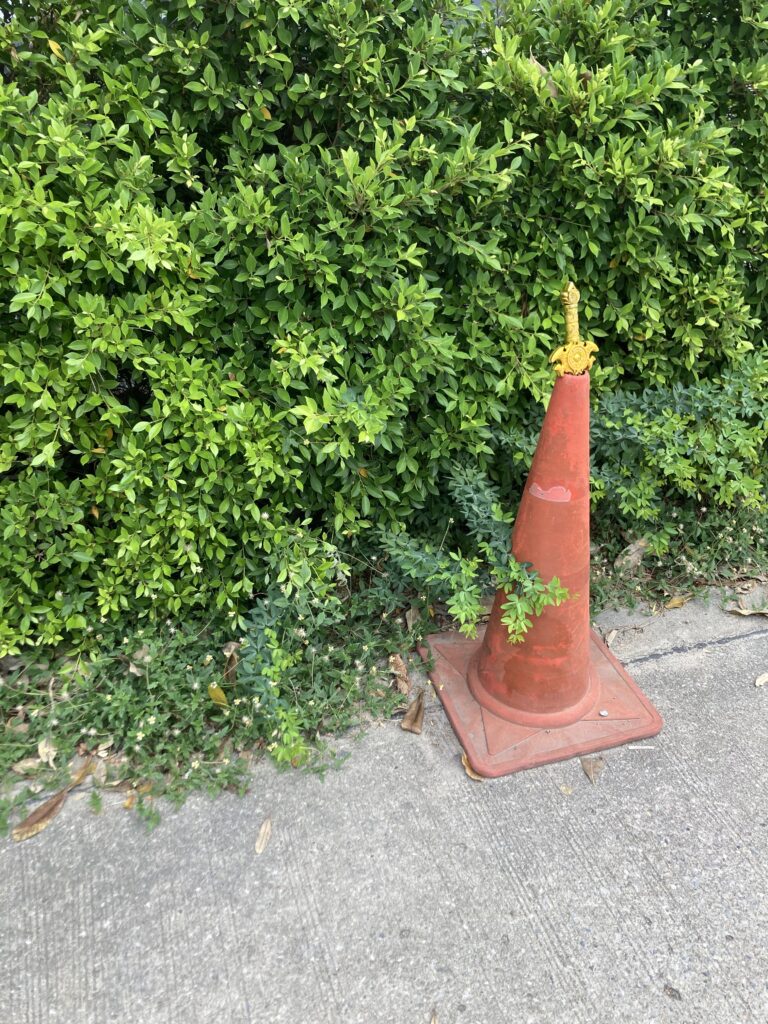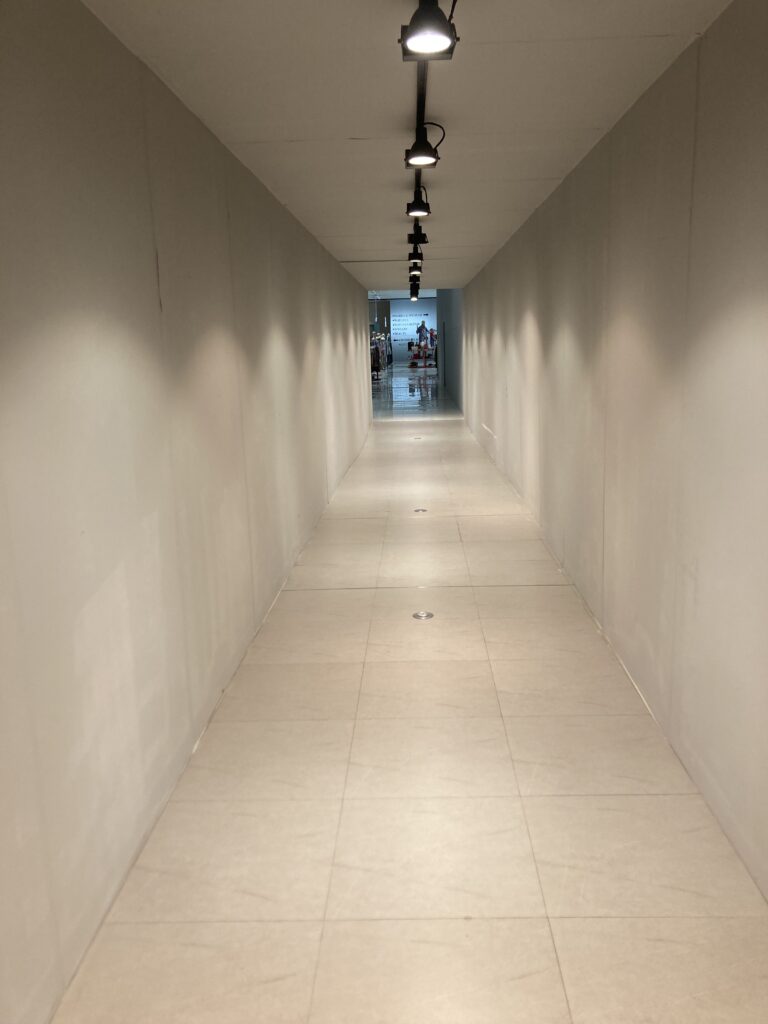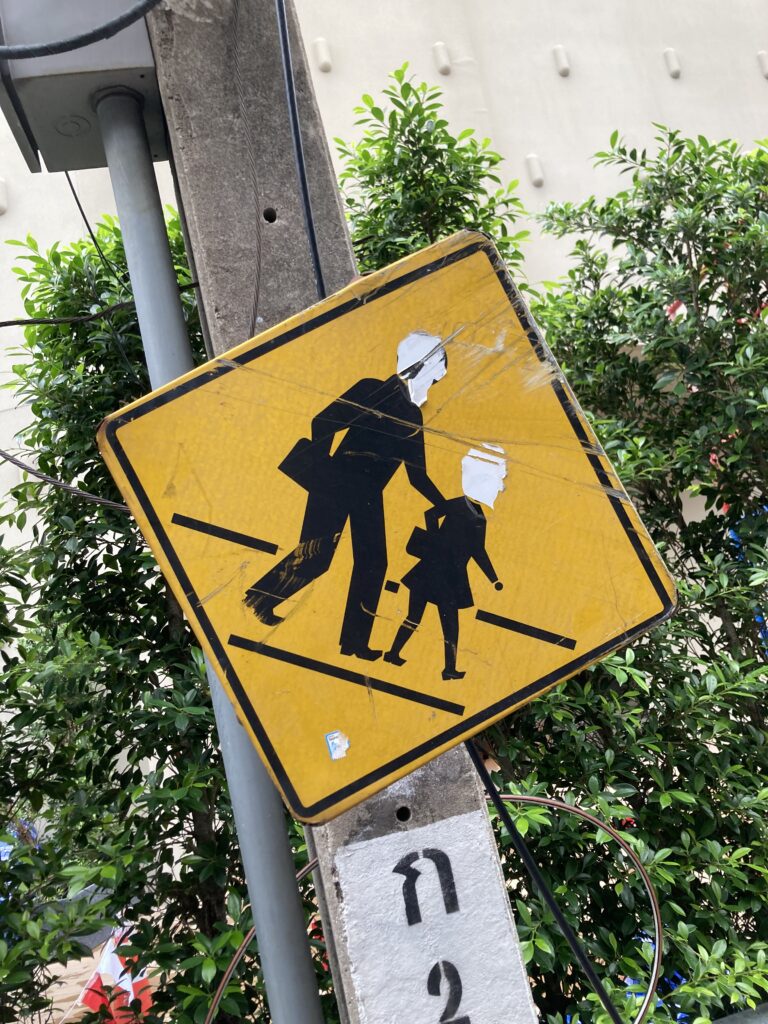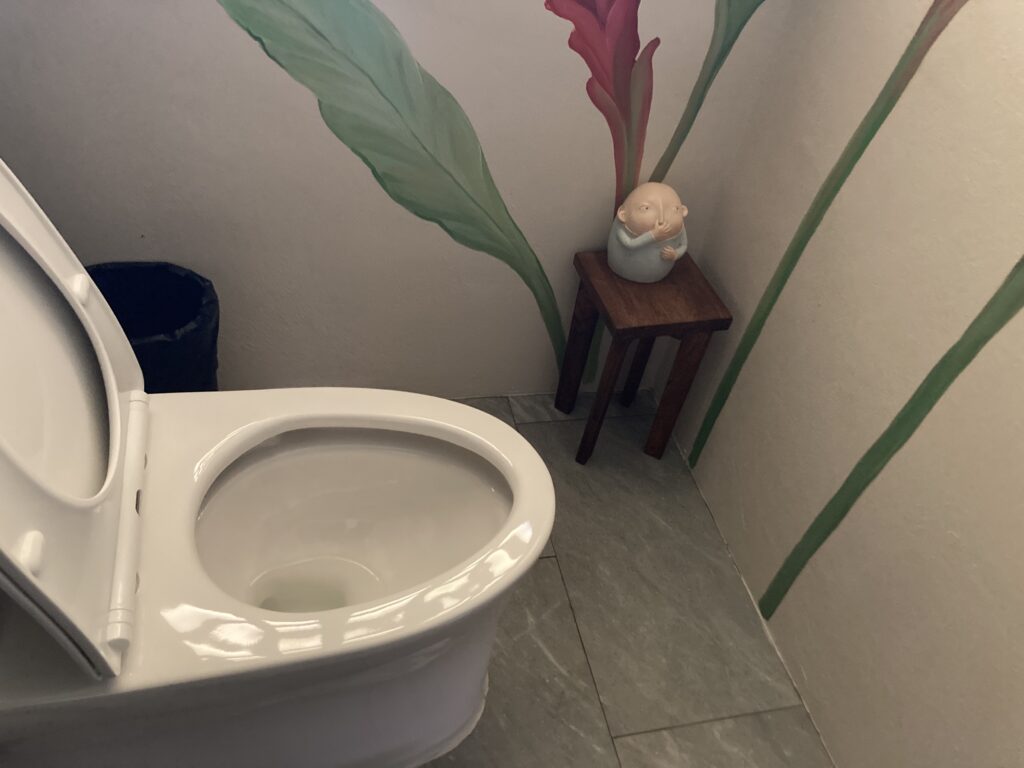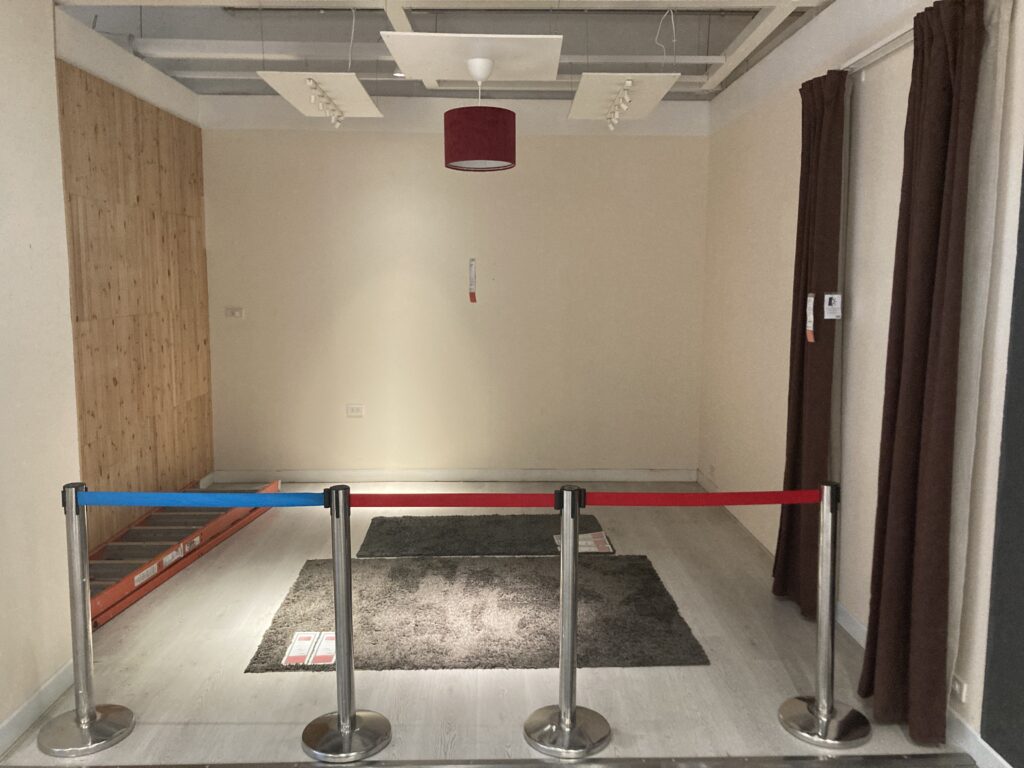Bad Air
‘While the novelties of the Wayside’s museums lie largely in the niche specificity, ‘The Air Museum’ stands out as a much more generalized concept brought to fruition. The reviews are negative and generally misleading, they attributing their penalties to the understandable misconception that the museum caters to flight enthusiasts. There are no airplanes at this museum, no pilot costumes to try on.
Which is not to say it lacks interaction.’
I wonder who, if anybody, enjoys the Pollution Rooms. In an ideal world, I suppose they might be a favorite field trip of local, eco-minded schools whose students, taking air from the lush forests of Vermont all of their lives, have little understanding for what polluted air might be outside of an occasional nearness to smokers (and, here, let’s consider that secondhand vaping is largely more pleasant, if not equally intrusive). I can’t believe a school would accept the liability, even if a limited exposure to the rooms would mean a fairly limited impact on health. I don’t believe the rooms can be navigated with no harm. Not having walked through them myself.
The first is a room that is open to the outside air- a non-simulation of current conditions which, according to local records, are rarely polluted and, thus, an obvious starting place. The second room simulates the mild-but-persistent pollution of an inner-city, its windows sealed shut and tinted. There is no smell and the unease I feel upon entering is largely psychological. I imagine this is the air that circulates in the RV much of the time, sucked in from the highway and poorly filtered by an engine that wants for proper maintenance.
The smell is subtle in the room after. Distinctly smokey in the next, though, it isn’t the pleasant smoke of a campfire. It’s chemical. Acrid. In the following rooms it burns my eyes.
Eight rooms in I begin to wonder just how bad it will get. In the choking atmosphere of the tenth, I attempt to turn back and find the door has locked behind me. A burning in the back of my throat leaves me little time to consider my options.
The only option is to press forward.
By room 15 the air, signs indicate, are more polluted than anywhere on earth. In this room, and in rooms following, I’m only able to find the doors because they are reliably straight ahead. I take each at a near-blind run, until I feel my hair grazing the ceiling and come to understand the rooms are getting smaller, too. Maybe air so polluted is difficult or expensive to maintain. Maybe they understand that patrons are already hunched, trying to escape, probably some instinctual understanding that smoke rises.
It doesn’t help, here.
I lose track of the rooms. The light largely disappears. I wonder, sometimes, if I’ve blacked out and my ineffective scrabbling is a pre-death delusion. Then, I hit the exit and tumble onto the grass outside and the sun is so bright that I nearly crawl back into the smoking hatch that I’ve emerged from. Even the half/half air in at the border tastes fresh.
No, they probably shouldn’t let kids inside.
The gift shop, which I visit out of morbid curiosity, is better stocked than I assumed. Branded breathing masks are available, but the curiosities include tough plastic sacks, each handheld and inflated like a balloon. They contain air from the rooms: experiential souvenirs for family that couldn’t make the trip. There are others: air from other places and times. Breathe the air from New Delhi. Sample the air from Hong Kong.
In a glass case at the front, there are sacks of celebrity breaths. Some of the contributors are long dead and the prices are quite high. I wonder if they’re sold as memorabilia or if they’re samplers like the others.
I look for some air from my hometown, but it’s too small to warrant inclusion. I wonder when I’ll breathe it again.
-traveler

